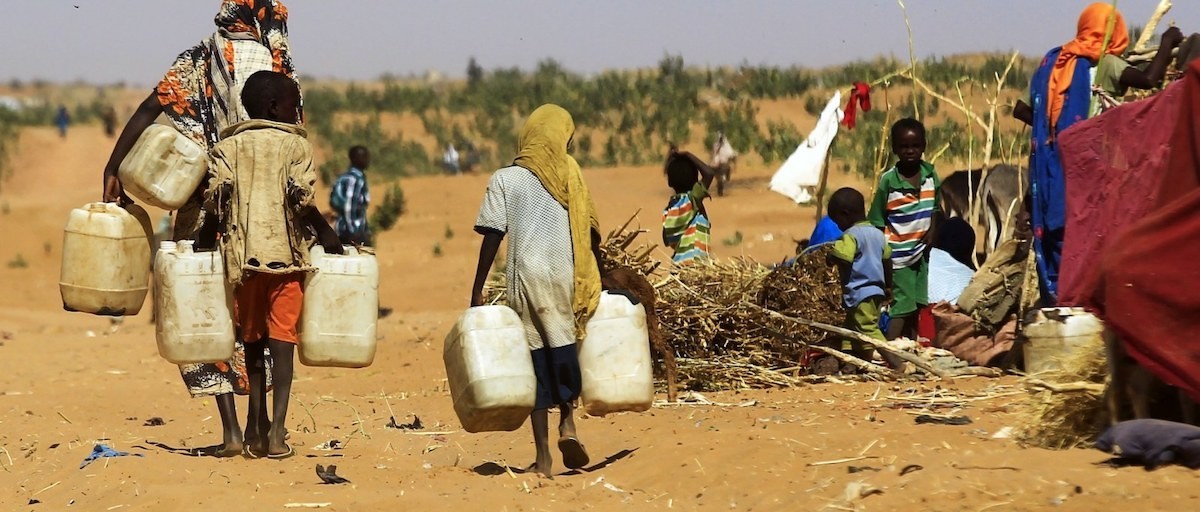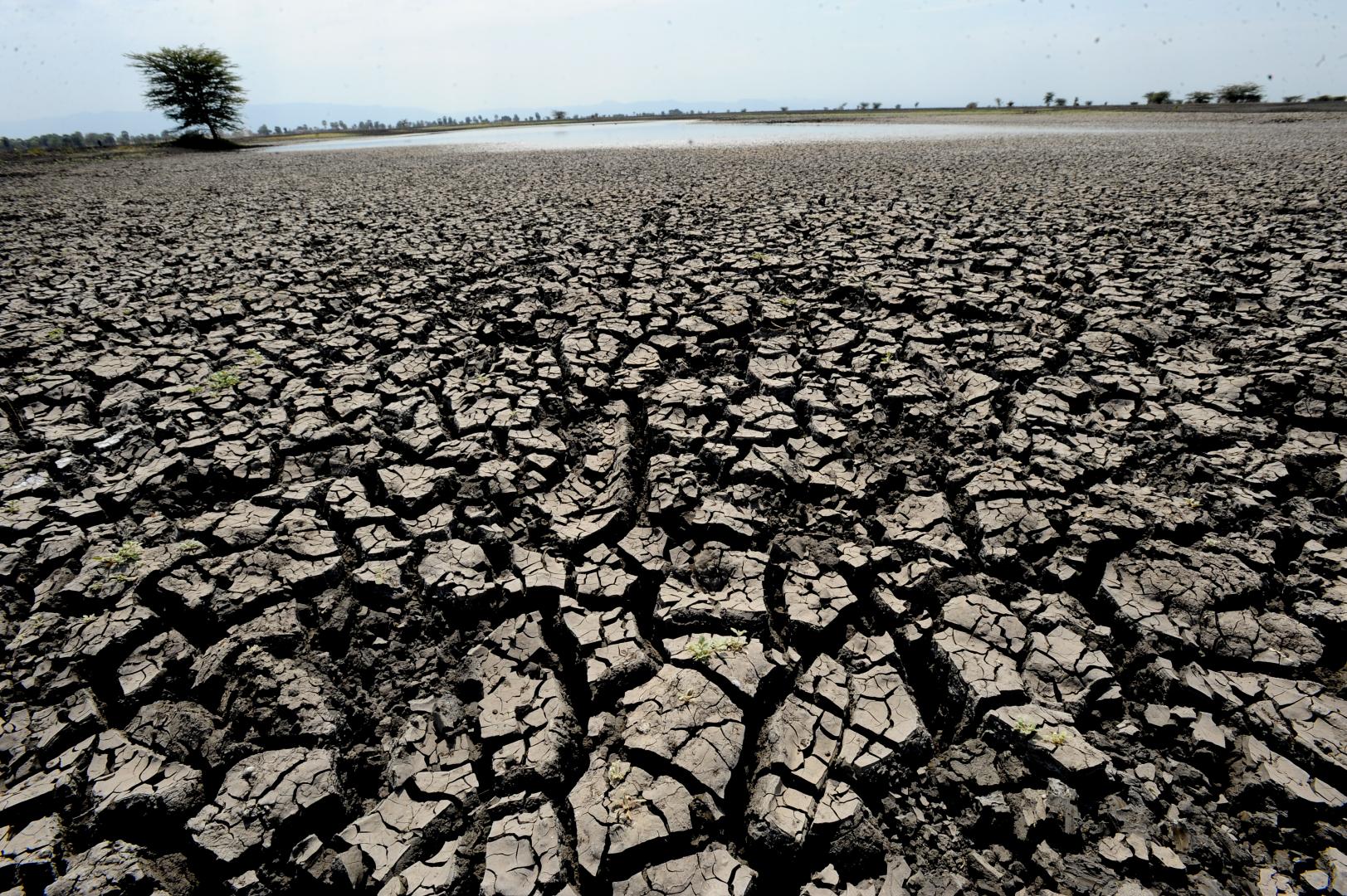Climate change is an undeniable reality, a global challenge that demands our attention and collective efforts.
It refers to long-term changes in temperature, precipitation, and other atmospheric conditions on Earth. Climate change education plays a pivotal role in raising awareness and fostering sustainable practices to mitigate its adverse effects.
Climate change refers to long-term shifts in temperature and weather patterns, primarily caused by human activities, especially the burning of fossil fuels, which increases heat-trapping greenhouse gas levels in Earth’s atmosphere. These changes have widespread and often severe impacts on our planet’s ecosystems, human health, and socio-economic systems.

Source: ISS Africa
Climate change education is an essential tool for addressing the climate crisis. It empowers individuals and communities to understand the causes, consequences, and potential solutions to climate change, enabling them to make informed decisions and take action to mitigate and adapt to its impacts. Climate change education encompasses a wide range of approaches, including:
Science education: Teaching the basic science of climate change, including the greenhouse effect, the role of human activities, and the impacts of climate change.
Environmental education: Fostering an understanding of the natural world, ecological systems, and the interconnectedness of human actions and environmental consequences.
Sustainability education: Promoting sustainable practices and behaviours that reduce our impact on the environment and contribute to a more sustainable future.
Civic education: Engaging students in discussions about climate change policy, social justice issues, and collective action.
Read also: 5 ways climate change affects education in Nigeria
The Conference of the Parties (COP) is the supreme decision-making body of the United Nations Framework Convention on Climate Change (UNFCCC). It brings together representatives of nearly 200 countries to negotiate and adopt agreements to address climate change.
Previous COP meetings have resulted in several significant milestones, including the Kyoto Protocol in 1997, which established emissions reduction targets for developed countries, and the Paris Agreement in 2015, which set a long-term goal of limiting global warming to well below 2 degrees Celsius, preferably to 1.5 degrees Celsius, compared to pre-industrial levels.
COP28, scheduled for November 2023 in the United Arab Emirates, is expected to build on these achievements and advance global efforts to address climate change. It will focus on several key areas, including:
Accelerating mitigation efforts: Reducing greenhouse gas emissions to achieve the goals of the Paris Agreement.
Enhancing adaptation: Building resilience to the impacts of climate change, particularly in vulnerable communities.
Mobilising finance: Providing funding for climate action in developing countries.
Strengthening global cooperation: Fostering international collaboration to address climate change effectively.
For African countries, climate change poses a significant threat to development, livelihoods, and food security. The continent is already experiencing the impacts of climate change, including rising sea levels, more extreme weather events, and changes in precipitation patterns. These impacts are likely to intensify in the future, making it even more challenging for African countries to achieve their development goals.

Source: WHO
Nigeria is one of the African countries most vulnerable to climate change. The country’s agricultural sector, which employs over half of the population, is highly sensitive to climate variability and change. Rising temperatures, erratic rainfall patterns, and more frequent droughts are expected to significantly impact agricultural productivity and food security. Additionally, Nigeria’s coastal areas are at risk from rising sea levels and storm surges.
Climate change education can play a crucial role in helping African countries, including Nigeria, adapt to and mitigate the impacts of climate change. By empowering individuals and communities with knowledge and skills, education can help:
Reduce vulnerability: Build resilience to climate change impacts and foster disaster preparedness.
Promote sustainable practices: Encourage the adoption of sustainable agricultural practices, water management strategies, and renewable energy sources.
Empower climate leadership: Develop a skilled workforce to support climate action and foster innovation.
Incorporating climate change education into school curricula is essential for preparing future generations to address the climate crisis. This can be achieved through:
Integrating climate change concepts: Incorporating climate change topics into existing science, geography, and social studies curricula.
Developing hands-on learning: Engaging students in real-world projects, field trips, and simulations to connect classroom learning to practical applications.
Fostering critical thinking: Encouraging students to analyse climate data, evaluate different perspectives, and form their own conclusions.
Promoting active citizenship: Empowering students to take action in their communities and advocate for climate change solutions.













